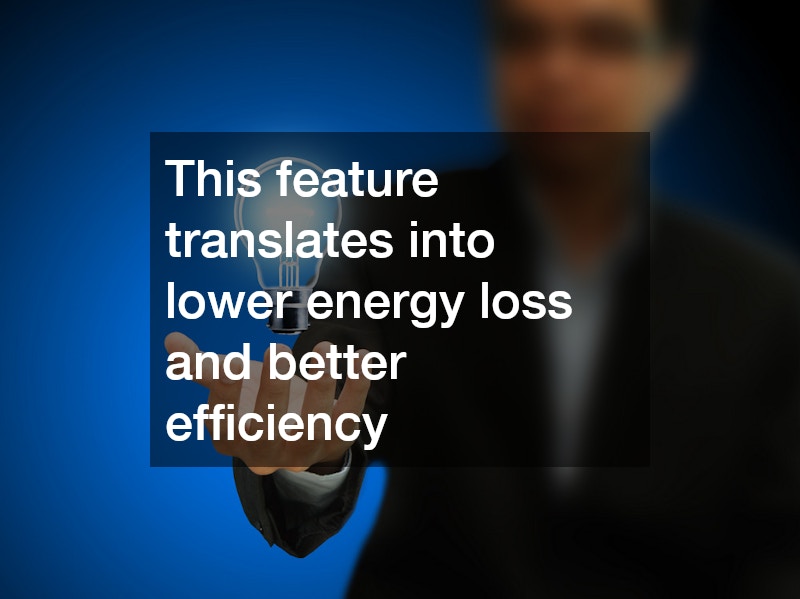Here Are the Top Heating and Cooling Systems on the Market

Choosing the right heating and cooling systems is crucial for both energy efficiency and comfort in your home. The market today is teeming with options, each leveraging cutting-edge technology to enhance performance while reducing energy consumption.
Modern systems incorporate smart features and aim to minimize environmental impact, which makes a significant difference in household energy bills. This article provides an overview of the most advanced and energy-efficient heating and cooling solutions currently available.
Focusing on sustainable technology and incorporating renewable energy sources, these systems represent the future of residential climate control. As such, understanding their various features is important to make an informed choice.
The Most Energy-Efficient Heating and Cooling Systems
Geothermal Heat Pumps
Geothermal heat pumps offer substantial energy savings by utilizing the earth’s constant temperature for heating and cooling. This system can reduce energy bills by up to 70% compared to traditional systems.
While the initial cost can be high, the long-term savings make geothermal pumps a financially sound choice over time. Their minimal environmental impact further adds to their appeal for eco-conscious homeowners.
By decreasing reliance on fossil fuels, geothermal systems contribute significantly to reducing one’s carbon footprint. The investment might pay off within 5 to 10 years, making it a wise long-term decision.
Installing a geothermal system requires adequate land space since the system involves underground loops for heat exchange. Therefore, properties with fewer space constraints are more suitable for this installation.
Regulatory approvals are another key consideration, as local codes and regulations can affect installation plans. It’s essential to work with experienced professionals who understand the complexities of geothermal systems.
Furthermore, soil conditions and landscape features influence the feasibility and cost-effectiveness of geothermal installation. By conducting thorough assessments, homeowners can mitigate unexpected costs.
Ductless Mini-Split Systems
Ductless mini-split systems offer an efficient alternative to conventional HVAC systems by eliminating the need for ductwork. This feature translates into lower energy loss and better efficiency.
The flexibility in zoning allows for tailored comfort solutions, giving control over individual room temperatures. This adaptability means that mini-splits can be more energy-efficient than central systems, saving on energy bills.
Their compact, unobtrusive design makes them an excellent choice for space-conscious homeowners. Moreover, these systems are relatively simple to install, providing further convenience.
Ductless mini-split systems excel in scenarios where adding or extending ductwork is not feasible or cost-effective. They are ideal for homes with limited space or those undergoing renovations.
These systems provide an efficient solution for older homes, where existing ductwork might be inadequate. Additionally, they are perfect for rooms added to a house, like garages or sunrooms.
Overall, ductless systems offer bespoke solutions where zoned temperature control is crucial. As such, they can provide both comfort and savings in various residential setups.
How to Choose the Right System for Your Home
Smart thermostats represent a leap in heating and cooling system management, providing remote access and automation for enhanced efficiency. These devices allow for customization of schedules, adapting to individual routines seamlessly.
Smart technology integrates with many modern systems to optimize performance, reducing energy waste and lowering bills. By allowing for real-time adjustments, these features promote both conservation and convenience.
Moreover, predictive learning and energy usage analytics further refine system operation, aligning with sustainability goals. As such, smart thermostats are a worthy investment for tech-savvy and eco-conscious homeowners alike.
A system’s noise level significantly affects household comfort, especially in quiet residential areas. The latest models prioritize operation tranquility, ensuring that peace is not sacrificed for performance.
Ductless mini-split systems are known for their quiet operation, much quieter compared to traditional units. This quality makes them particularly appealing for bedrooms and study areas.
Geothermal systems benefit from being located underground, which naturally minimizes their noise output. By choosing systems with low decibel outputs, homeowners can enhance their daily living environment significantly.
Choosing the right heating and cooling system involves balancing efficiency, cost, and specific home requirements. Energy-efficient solutions like geothermal heat pumps and ductless mini-split systems offer compelling options for modern homeowners.
Considering factors such as home size, climate, and feature technologies will guide an informed decision. Ultimately, prioritizing energy efficiency and comfort through methodical selection enhances residential living.
By understanding the dynamics of initial investment, maintenance, and long-term savings, homeowners can align their choices with both environmental and financial objectives. This knowledge empowers confident decision-making for optimal climate control solutions.
.

